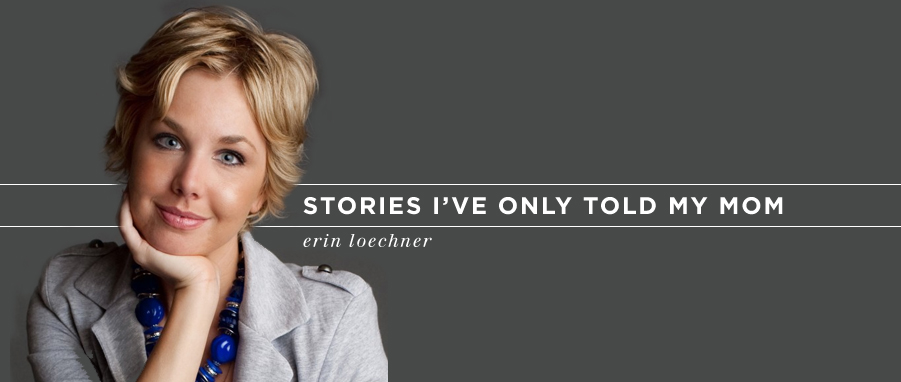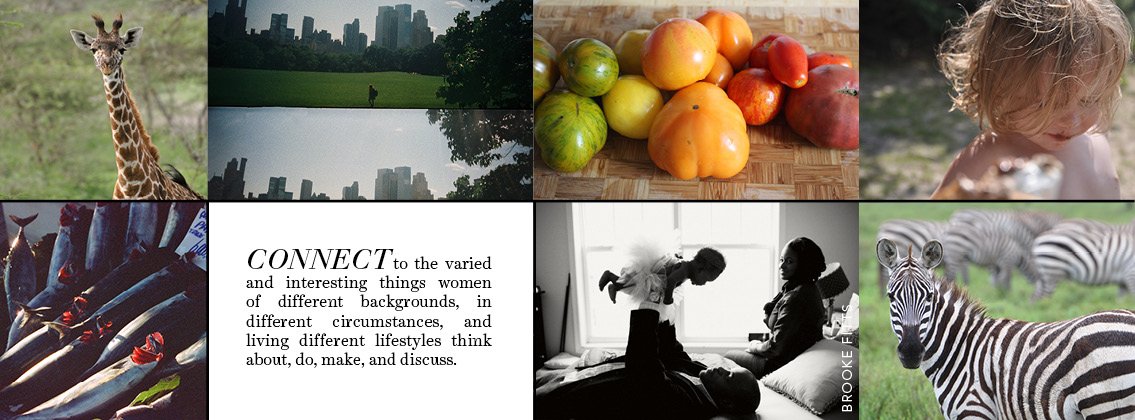After several years playing in a Fantasy league, I’ve learned why baseball lends itself so well to metaphor. We may strike out at the bar or hit it out of the ballpark in the boardroom, but we can’t escape the game. These are my love letters to the sport. Dear Albert,
I sort of feel like being the best baseball player of the last decade entitles you to a Mr. before your name, but to me you’re just a Missouri boy who has found himself a little lost, too far from home and aching for the comfort of family and a hefty plate of barbecued burnt ends. Or maybe I’m just projecting.
You and I both said goodbye to the Midwest last fall. You set out for one coast, I for the other. You had a katrillion-dollar contract awaiting you with the Los Angeles Angels. I had a couple of months unemployment and a glossy-eyed dream for something bigger.
Are you happy Albert? I sincerely hope so because you seem like the nicest guy. Of course, we like to do that in Missouri. We project kind and wholesome images on those we embrace as our hometown heroes1. For all I really know, you shish kabob puppies while using dollar bills as kindling.
I remember you from high school. Local sports fans started talking almost as soon as you arrived, 16 years old, barely speaking English, and already hitting 400 ft home runs. In our neighboring towns just outside Kansas City, MO, simply being a kid from another country would have been enough to make you stand out2.
You took Ft. Osage High School to the state championship your first year there and probably would have done it your second too, if pitchers hadn’t just refused to throw the ball to you.
When you left Kansas City, you didn’t go far. Like thousands of Missouri kids also shooting for the stars, you didn’t even make it out of the state. Only you ended up at 1st base as a rookie standout for the St. Louis Cardinals, turned multi-year MVP and two-time World Series Champion. Most of those others seem to have ended up tending bar in their college town or getting pregnant in the back of a Sonic parking lot.
While other high-profile sports figures would swoop in for their football or baseball season, reality-star girlfriends in tow, and party it up before returning to California or Miami or wherever they had rooted their McMansion—this was your home. You married a single mother, adopted her daughter, and proceeded to build a life, a family, a charitable foundation, even a restaurant in St. Louis.
And in return, you were loved. Not just idolized, but really loved. Kansas City and St. Louis have a long rivalry3 but fans on both sides of the state could agree that your story was pretty magical.
Real life movies never end when they should though. More often than not there is another chapter at best and an awkward postscript at worst.
You are one year older than me4. I’d like to think that head start is responsible for your paycheck of 12 million per year and my paycheck of…not 12 million.
Would I rather be you right now? The money would be nice, sure, but I don’t know. At 31, my career is only just beginning. I moved to New York eight months ago because I had an opportunity to work in film and things have been roller-coastering, but moving in a generally upward trajectory ever since. I miss my friends and my family. I miss living someplace where being kind and neighborly is a central tenet of life. But in New York I’m doing things I spent my life dreaming about and I have no idea what’s coming next. I like that.
Your career definitely has several years left to it, but it’s hard to deny that your pinnacle is probably behind you. You left St. Louis in a blaze of glory, winning the 2011 World Series and then signing a giant $250 million contract to move to the Los Angeles Angels. Unfortunately, 2012 is a different year and a different story.
You’ve been on my fantasy team for two seasons now—my first choice each time. This year, though, things are looking rough. A slow start has turned into a painful first half. Not only are you not hitting home runs, you’re not hitting much else either. When you do, your new team doesn’t have the ability to get you home.
When do I give up on you? At one point do you stop being THE Albert Pujols and just become another player who isn’t delivering the fantasy points I need?
Maybe let’s just pretend for a minute. It’s just you and me, back in those Missouri towns where the city just gives way to the country. We’re taking my dad’s old stick shift out to that field in Grain Valley. You know the one, it’s not far from either of our high schools and all the kids go there on clear, starry nights. You bring some snacks from the 7/11. I’ll bring the cherry limeades. You’ll still be the jock, practicing your English, and I’ll still be the nerd who’s obsessed with show tunes and pie. But we can talk baseball and barbecue and all the good things that come out of the state we love.
Always,
Anna
1. We even tried that tactic with Rush Limbaugh, but some things are just beyond hope and optimism.
2. The demographics of small towns in the Midwest have changed dramatically in the last 20 years, as immigrants have moved in, often stabilizing towns that were previously losing industry and population. This has predictably generated both increased conflict and greater understanding. I am not qualified to really talk at length on the subject, but it would be interesting to learn more about how local sports and sports fans are impacted by, and are perhaps an impact on, this change.
3. ahem, 1985.
4. Because of your size and strength as a teenager, many folks believed your birth certificate was a fake and you are actually several years older. I think your accomplishments are extraordinary whatever your age.
































